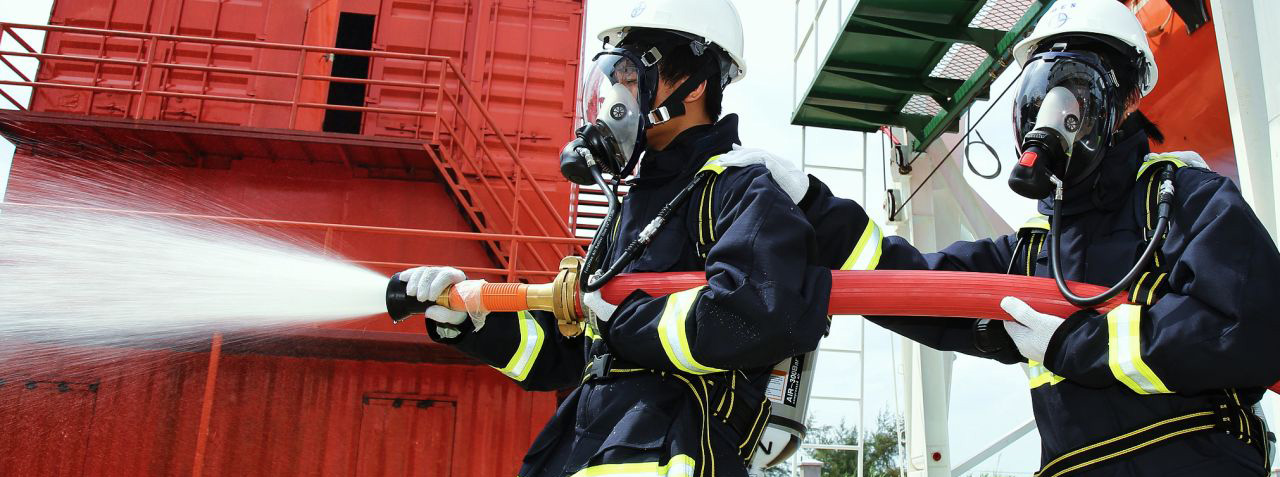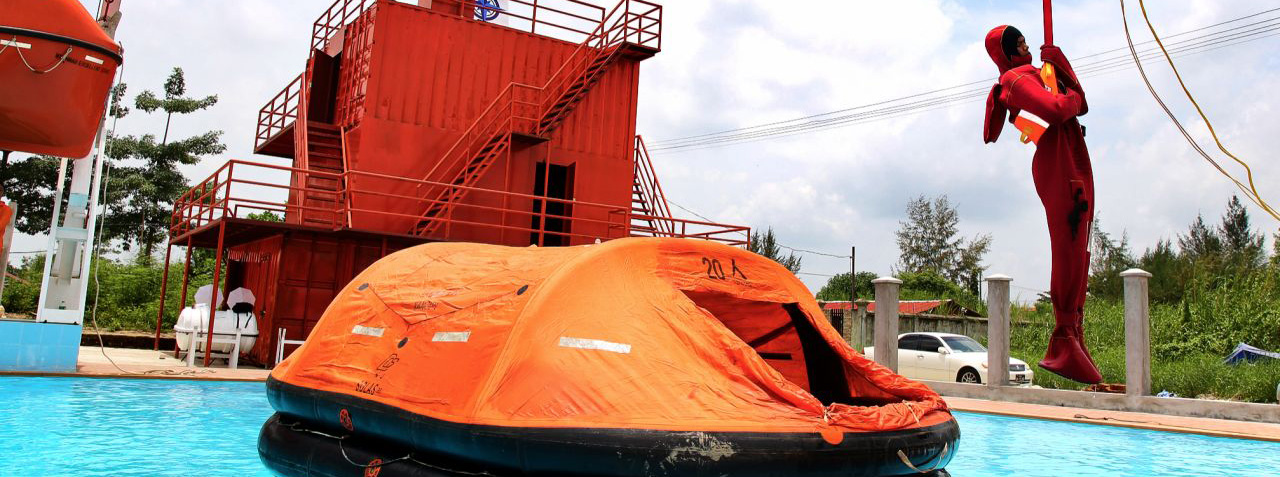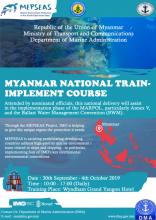1 Summary
MEPSEAS is assisting participating developing countries address high-priority marine environment issues related to ships and shipping – in particular, implementing four of IMO’s key international environmental conventions.
The four-year project, titled ‘Marine Environment Protection for Southeast Asia Seas (MEPSEAS)’, will focus on enhancing the countries’ capacity to implement a number of high-priority marine environment conventions, including the International Convention for the Prevention of Pollution from Ships (MARPOL); the Anti-Fouling Systems Convention; the London dumping of wastes convention and protocol; and the Ballast Water Management Convention.
Under the agreement, Norad will make available some USD2 million via contributions to IMO’s Integrated Technical Cooperation Programme. The seven ASEAN countries involved will be Cambodia, Indonesia, Malaysia, Myanmar, Philippines, Thailand and Vietnam.
The project will build on a previous IMO-Norad project which directly led to the six countries (except Myanmar) concerned making substantial progress in terms of implementation and/or ratification of IMO environmental treaties. For countries which have acceded to the relevant treaties, the new MEPSEAS project will allow them to focus on effective implementation.
1.1 Background
MEPSEAS is engaging regional, national and local partners, representing government, industry and NGOs. Greater participation by women is also being targeted – through partnering with the IMO programme on Integration of Women in Maritime Sector.
South-East Asia is dominated by the sea. With extensive coastlines and about 30% of the world’s sea space under their jurisdictions, the countries of the ASEAN region have a vital influence on the health of the oceans.
The region’s coastal and marine ecosystems are among the world’s richest and most productive, with vast social and economic importance. Yet the pressure from increased shipping activity is immense – and growing.
MEPSEAS is assisting participating developing countries address high-priority marine environment issues related to ships and shipping – in particular, implementing four of IMO’s key international environmental conventions.
Myanmar has a large marine territory of important coastal and marine ecosystems. It includes the Myeik Archipelago, which is made up of hundreds of islands.
Maritime transportation serves more than 80% of the nation’s trade and the country has developed a pool of seafarers that are deployed on board ships engaged in international voyages across the world.
The fisheries sector is the second largest food producing sector – a major source of food and employment. The seafood sector alone directly employs 3-4 million people and focuses primarily on the export market.
Myanmar will participate in this project to implement MARPOL Convention that has been ratified and to ratify Ballast Water Management (BWM) Convention/Anti-Fouling Systems (AFS) Convention.
2 Objectives
To build capacity to implement national-level legislation and strategies.
2.1 Goal
To “conserve and sustainably use the oceans, seas and marine resources for sustainable development” is a key target of the UN Sustainable Development Goals (SDG 14). MEPSEAS draws on the capacity and expertise already developed in the foundation project to intensify momentum towards this vital objective.
2.2 Target Area & Beneficiaries
The four-year project- Myanmar will work to enhance the countries’ capacity to implement high-priority marine environment conventions, including the Ballast Water Management Convention, the International Convention for the Prevention of Pollution from Ships, and the Anti-Fouling Systems Convention.
Attended by nominated officials, this national delivery will assist in the implementation phase of the MARPOL, particularly Annex V, and the Ballast Water Management Convention (BWM).
3 Course Date and Venue
30th September – 4th October 2019
(Monday to Friday from 10 am – 5 pm)
Wyndham Grand Yangon Hotel, Yangon, Myanmar








